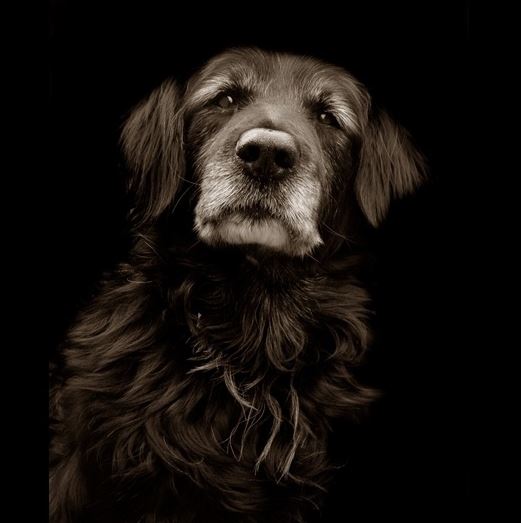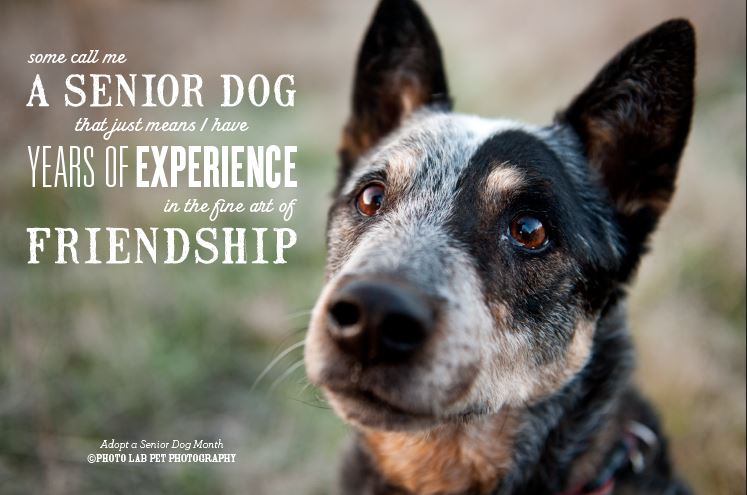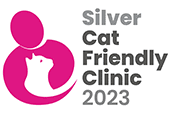 Owning a dog is great. Ask any dog owner and they will tell you this is true, even after they have just devoured the Sunday joint you left thawing on the kitchen worktop. Whilst there may be challenges the pros definitely outweigh the cons. Dogs bring a lot of love and happiness into a home and once you have a furry companion welcoming you home every day with a big smile, a paw on your chest or an upturned tummy, you will wonder how you lived without one.
Owning a dog is great. Ask any dog owner and they will tell you this is true, even after they have just devoured the Sunday joint you left thawing on the kitchen worktop. Whilst there may be challenges the pros definitely outweigh the cons. Dogs bring a lot of love and happiness into a home and once you have a furry companion welcoming you home every day with a big smile, a paw on your chest or an upturned tummy, you will wonder how you lived without one.
One of the downsides is your dog will age a lot quicker than you and having an older pet has its own challenges. However, by making small changes, being more patient, understanding and making sure your dog has regular check-ups there is no reason why they won’t have a long and healthy life.
How do I know if my dog is old?
Like a lot of men, some dogs go grey really early. It doesn’t mean they are old. They are just distinguished – at least in the view of the slightly greying male author of this blog. In truth there is no exact age when dogs are considered old. As a rule of thumb, dogs will become senior between the ages of 5-9. However, this depends on what size and breed they are. At our Basildon branch we run FREE senior health clinics for pets aged 8 or more.
Food
Just like older people, senior dogs will slow down. They won’t run as fast, they may not want to go out as much and they will take things nice and slow. They may also want to hog the remote for the TV, turn into a grinch at Christmas and become a lot more fussy and stubborn if they are male. Seriously though, when this happens they won’t burn off as many calories so you will need to think about their diet. If your dog starts to put on weight you may want to cut back on what you give them. However, some dogs can lose weight. This could be down to needing more food or it could be the start of an illness. If you notice either weight gain or loss bring them in to see the nurse or a vet who can give your pet a health check and offer advice on the best diet for your dog as there are many foods available specially formulated for older pets.
Exercise
As we have already mentioned, older dogs may not be as active as they once were. Some will be more than happy to spend all day in bed fast asleep. Make sure they get some sort of exercise as this will help control their weight. They may not be able to go on long walks but shorter, less strenuous trips will be good for them. Just be aware of issues they may have so you don’t put unnecessary stress on joints and muscles. If you have any concerns or questions, our vets and nurses will be able to help you.
Dental care
Tooth and gum disease is a common problem so it is important to regularly clean their teeth to keep your dog’s mouth healthy.
Home comforts
Older dogs may suffer with arthritis, muscle problems or joint issues. To help keep them comfortable make sure they have a nice soft bed. Put it somewhere warm and draft free and make sure their food and drink bowls are in easy reach. As they get older they may not be able to jump as well as they once could so they may need help climbing stairs or getting into cars.
Possible health problems
As the human body gets older it starts to work less efficiently – the same is true for dogs. Your dog’s heart or kidneys may not work as well as they once did, or your dog may develop growths on the skin or inside his body. There could also be problems with their hearing or eyesight. Look out for tell-tale signs such as walking into things which could indicate failing eyesight or not reacting when you call them which could be an issue with their hearing.
A common problem in older dogs is Arthritis, especially in bigger dogs. Whilst it may not be completely obvious at first look out for signs of discomfort such as changes in the way they lie down or get up. Is there hesitation or stiffness?
If you notice anything at all make sure you bring them in to see a vet so steps can be taken to help manage any issues.
Those are just a few things to think about for when your dog gets older. If you have a dog that is 8 years old or above, book them in to see our nurse at the Basildon Clinic. It is completely free. The nurse will examine your pet and check to see if he/she is in good health. Information and advice will be given on different illnesses and ailments and medications that can be used. If the nurse notices your pet has a condition requiring veterinary treatment she can discuss this with you and make an appointment with a vet if necessary
If you have any questions regarding this subject please call us at the clinic and someone will be able to help. Alternatively, you can leave a non-urgent question on our Facebook page and one of the nurses or vets will respond






